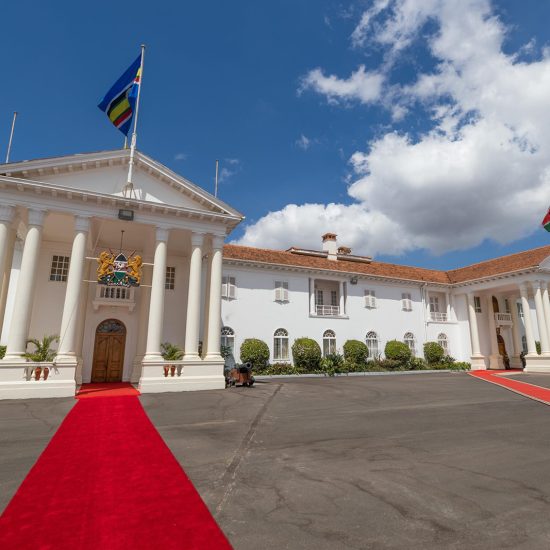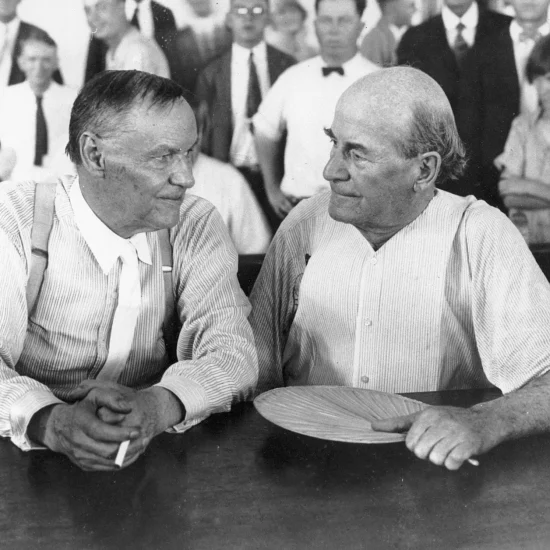
“The word became flesh and made his dwelling among us.” (John 1:14)
What does Jesus’s incarnation teach Christians about politics?
Often it doesn’t seem like Jesus was terribly concerned with politics, and certainly not with obtaining earthly power. He said, “Give to Caesar what is Caesar’s and to God what is God’s” (Mark 12:17), but he also memorably told Pontius Pilate, “My kingdom is not of this world” (John 18:36). This could lead Christians to the conclusion that politics is unimportant, or worse, dirty. You can see this when pastors comment on social issues in sermons and insist, “Now, I don’t want to get political here…” The implication being that there’s spiritual Christian stuff and profane, secular political stuff.
But this understanding is off. If we understand “politics” as human activities influencing the organization and distribution of power and resources, then “politics” is 1) simply a fact of human social existence, 2) something that involves people whom Jesus values deeply, and 3) a form of behavior Jesus must have modeled perfectly. So what sort of politics did Jesus model?
We find that perfect example in Jesus’s incarnation, the ultimate example of embodied politics. By this I mean fully-invested, physical participation in the transformation of our spiritual, social, and physical world. Remember that word “embodied,” because I want to contrast that with two corrupted ways of doing politics.
In his book, Politics is for Power, Political scientist Eitan Hersh explained that often Americans define political participation as spending hours doom-scrolling social media, consuming massive amounts of news about national politics, and fighting with strangers on the Internet. Hersh calls this “political hobbyism” because it essentially fills the role that hobbies fill in our lives. It’s also incredibly counterproductive if not downright toxic. I call this “disembodied politics.”
Other Americans, largely Christians, envision a form of political influence that involves a social and physical aspect in addition to the spiritual. But this one rejects the idea of Christians sacrificing their time and preferences to enrich the spiritual, social, and physical world. This would make Christians “simps” or “losers” or guilty of the “sin of untethered empathy.” Instead, the method of transformation involves control and coercion to conform to an ethno-cultural vision of purity — ours, of course. This is the politics of White Christian Nationalism, what I call “misembodied politics.”

Ornaments hang from a White House Christmas tree in Washington, D.C., on Nov. 30, 2020. (Patrick Semansky/Associated Press)
Jesus shows us a different way. In the Gospels, we see Jesus embracing the physical vulnerability and social precarity of an artisan Jew in first century Palestine under Roman rule. He does this to reach into the lives of human beings with grace and mercy. His healing isn’t just to show his divine authority, or else he could’ve astounded crowds with far more fantastic displays. No, Jesus’s mission involved transforming lives in tangible ways. He was playing the long game of spiritual, social, and yes, political transformation.
In contrast with “political hobbyism,” Hersh explains that a demonstrably more effective strategy for political transformation involves in-person conversations, acts of service, and building relationships. It’s often small-scale and painfully slow. But in the process, real love is shown to one’s neighbors and community, you might even say that “love is incarnated.” This is the politics of Advent, the politics of Jesus.
Dr. Samuel Perry is a professor of sociology at the University of Oklahoma and co-author of The Flag & The Cross: White Christian Nationalism and the Threat to American Democracy.

NOTE: This is part of our Unsettling Advent devotionals running Dec. 3-Dec. 24. You can subscribe for free to receive them each morning in your inbox.






